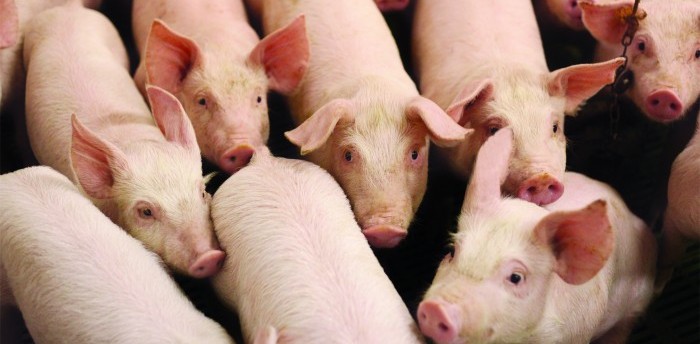AHDB’s Farm Excellence network is set to launch its first wave of on-farm carbon footprinting this month. A total of 40 strategic and monitor farms, including four pork producers, will be the first to be assessed to determine their carbon footprint.
The first lot of farms will consist of 13 cereal and oilseed growers, 10 beef and lamb producers, 10 milk producers, 4 pork producers and 3 potato growers. The initial wave offers a springboard for more activity to be launched under the new five year AHDB strategy being published later this year.
The assessments will be carried out by SAC Consulting and ADAS between November 2020 and March 2021, with results leading to bespoke mitigation measures in detailed carbon action plans.
“The assessments are essentially the gathering of information – to identify and quantify all activities or inputs on farm that come with a carbon footprint,” explained Jonathon Foot, AHDB’s head of environment. “This can be anything from diesel, electricity, feed, and fertiliser and so on.”
“Once this is established, we can then calculate the carbon to output ratio, i.e. how much carbon is being emitted per unit of output. This will then be assessed or benchmarked to determine where savings lie, and a bespoke plan created.
“Mitigation activities for arable could be as simple as changing cultivation routes to save on fuel or manure application times to optimise nutrient absorption. For livestock, growth rates are one of the biggest carbon savings.”
Tim Isaac Director of Knowledge Exchange at AHDB added that farmer input and actions are where the success lies: “Implementing changes on farm can sometimes be a challenge and concerns are often raised about cost implications and wider impacts on productivity. However, evidence generally points towards ‘better for the environment equals better for businesses, so there are potentially benefits to be had all around.
“The key part of these assessments will be the identification of the specific measures the individual farms can take – while some will be unique to each one, we also expect some common themes to emerge. This will allow us to develop case studies and share practical tips and learnings widely through our knowledge exchange activity”.
For more information on AHDB’s farm Excellence platform visit ahdb.org.uk/farm-excellence.




